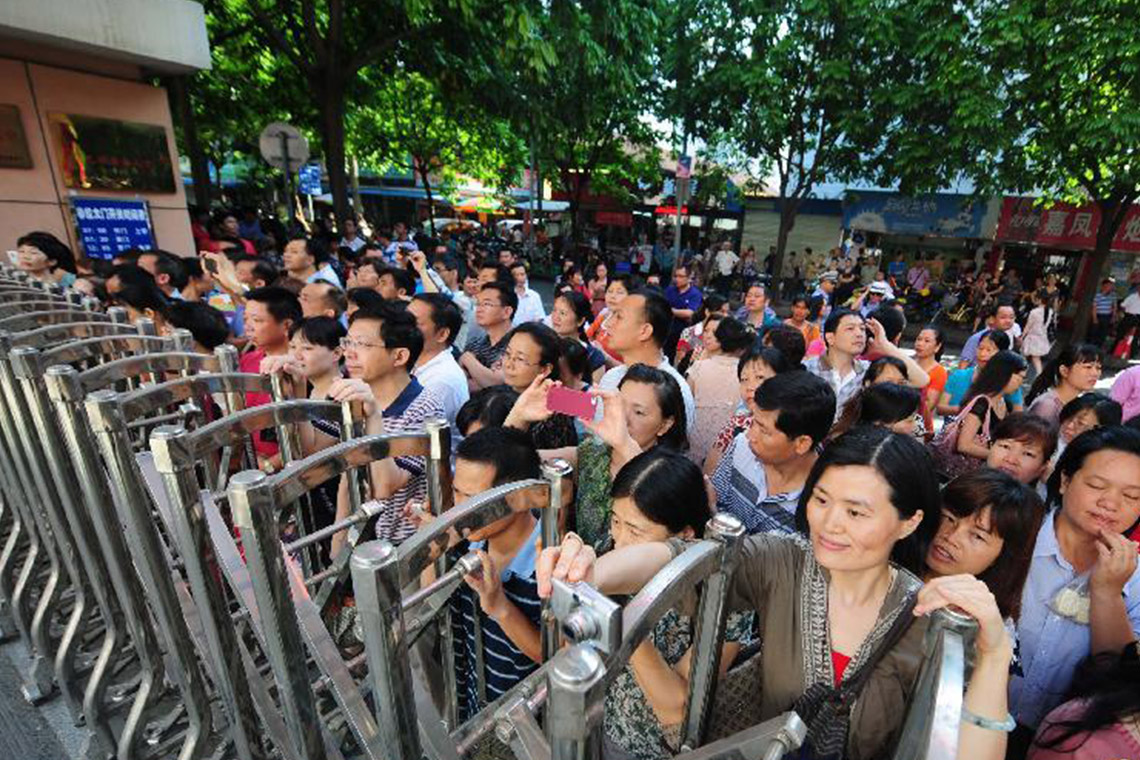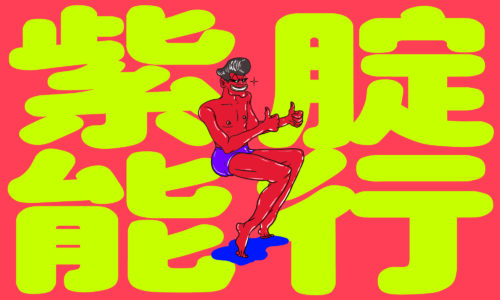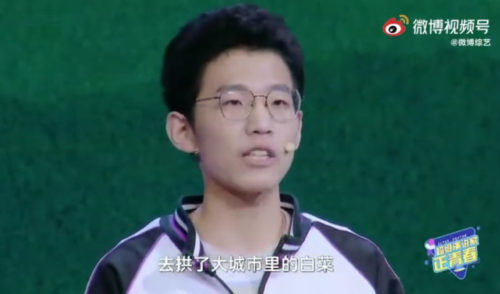Political vetting before college entrance exam? Officials downplay controversial announcement.

Chongqing Daily has been at the center of a controversy started by a news article (in Chinese) published on November 6, which says candidates who fail a “political evaluation” (政审 zhèngshěn) will be denied access to this year’s college entrance exam, also known as the gaokao (高考 gāokǎo) in China.
Citing officials at the municipal educational examinations center, the report notes that political vetting is an essential part in the city’s college admission process. According to the article, the objective of “political evaluation” is to examine a candidate’s political thoughts, ideology, morality, and how they behave in real life. The reviews are primarily conducted by the schools or the institutions that the candidates are associated with.
While the article is rather vague about the evaluation criteria, it asserts that people who “object to the Chinese Communist Party’s Four Basic Principles, have criminal records, or are morally corrupt” will fail the evaluation. In addition, candidates who apply for police schools, military institutions, or other colleges with special requirements need to pass further examinations.
The Four Basic Principles were first introduced by the former Chinese president Deng Xiaoping in 1979 (see this Chinese People’s Daily article) and have since then become the main criteria to decide whether a citizen’s political beliefs align with the Party line. They are:
- We must keep to the socialist road.
- We must uphold the dictatorship of the proletariat.
- We must uphold the leadership of the Communist Party.
- We must uphold Marxism-Leninism-Mao Zedong Thought.
There was a massive social media backlash, especially against the term “political vetting,” which is reminiscent of similar practices carried out by the Party during the anti-Rightists movements in the 1950s and the Cultural Revolution (1966–77). Back then, those who came from what the Party deemed as “bad families” were deprived of the opportunity to attend college. In 1977, the first year after the Cultural Revolution, many candidates were rejected by universities solely because they failed their political reviews (in Chinese).
“What year are we currently living in? 1976 or 2018? Every student is entitled to take the college entrance exam,” a Weibo user commented (in Chinese). “It seems that the toxic legacy of the Cultural Revolution is still living on. How absurd! Are we still labeling people as leftist or rightist? This is so annoying!”
Facing mounting pressure from the public, a Chongqing education official dismissed the news in an interview (in Chinese) with China News Weekly, saying that the journalist misread the government’s intention of implementing such a policy and used the wrong word to describe the process. “The political evaluation has been in place for years,” the official said, adding that every decision made by the Education Ministry in Chongqing strictly follows orders from the central government. When asked whether the examination has ever disqualified students from taking the exam, the official replied, “I am not part of the vetting process, but I would assume never. I can’t give you a definite answer.”
Yet it still concerns people that an assessment of one’s political stance is powerful enough to determine their future in education, especially when the review process is not transparent at all. Some people also expressed disapproval over the policy’s exclusion of people with criminal records. Wei Du (杜唯 Dù Wéi), a reporter at Channel News Asia, tweeted: “I don’t think support for the party is a new requirement, and unclear how it can actually be applied to 18-year-olds. But it’s quite something to think just because someone broke the law in the past, he’ll never again be given opportunity in higher education.”





